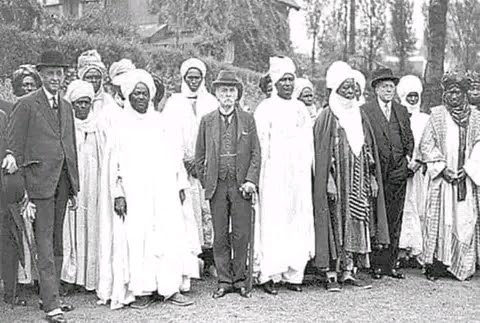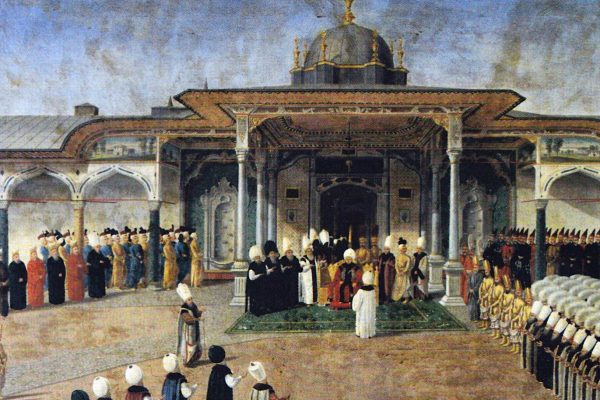
A Comprehensive History of Nigeria: From Ancient Times to the Present
Nigeria’s history is a rich and complex narrative that spans from its ancient civilizations through colonial rule to its current status as a major African power. From the early Nok culture and the influential Oyo Empire to the challenges of British colonization and the struggle for independence, Nigeria’s journey reflects a blend of cultural heritage, political turmoil, and economic development. This article explores Nigeria’s historical evolution, examining its ancient roots, colonial experiences, and contemporary dynamics, providing a comprehensive understanding of the nation’s past and present.















